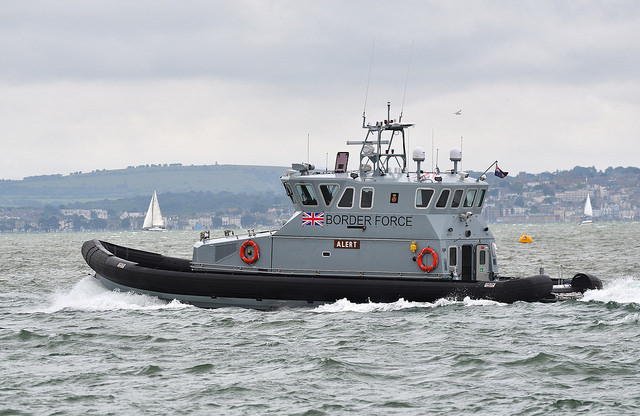
The UK and EU have just agreed the terms of the UK’s exit from the EU and attention will now turn the halls of Parliament, where there will be rigorous debate about the merits of the proposed Brexit deal. However, while the political arguments fill the airwaves, officials in Whitehall and across the country will be working busily to prepare for Brexit, whether there is a deal or not. One of the most important tasks will be to prepare the UK’s borders, the work for which is being led by the UK’s Border Force, a law enforcement command within the Home Office responsible for securing the UK’s borders, in sea and air ports across the whole country.
The challenge facing Border Force is a significant one. The UK has never been a member of the Schengen Area, a common visa area covering much of Europe, so in that sense it already maintains a border with the EU (aside from the Republic of Ireland, with which it operates a Common Travel Area). However, the level of demand placed on Border Force, both in terms of threats, numbers of passengers and goods, and customer expectations, will grow significantly after Brexit, whether a deal is agreed or not.
Border Force is making major preparations to prepare for Brexit, building new infrastructure across the country, hiring new staff and implementing new systems, all coordinated by a new cross-government Border Delivery Group (jointly chaired by the Home Office and HM Revenues and Customs). Still, in order to maintain its stated goal of carrying out checks of 100% of passengers arriving in the UK by commercial plane, rail or maritime it should make full use of the innovative capabilities that the UK Security and Resilience sector has to offer.
As the Director General for the Border Force, Paul Lincoln, made clear during a recent hearing to the Home Affairs Select Committee, and echoed at a recent briefing with ADS members on 23rd November, innovative industrial technology such as e-gates is playing a very important role in managing the UK’s border, particularly when there are many competing pressures on the limited time available to Border Force officers. UK industry stands ready to work with the Government to update its border management capabilities in a post-Brexit world.
Examples of cutting-edge border security technologies were on full display in March this year at Security and Policing 2018, the Government’s only official national security and resilience event, which ADS helps to run. At this conference an immersive feature, run in partnership with Border Force, demonstrated how new technologies could provide individual passenger mass screening, imposer detection, and effective baggage and goods vehicle screening, amongst other functions. Next year’s Security and Policing on 5-7th March 2019 will come only a few weeks before the UK leaves the EU and will be an ideal opportunity to see the very latest border security capabilities from industry as the UK begins to implement a post-Brexit border system.





